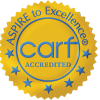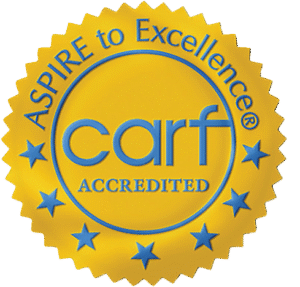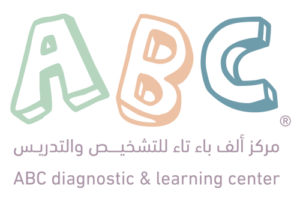Did you hear about Tourette’s syndrome?
Tourette syndrome is a condition of the nervous system and is characterized by multiple motor and vocal tics.
People with Tourette syndrome can’t control or stop those sudden repetitive movements or sounds. For example, a person may continue blinking repeatedly.
Types of tics:
Physical:
They are movements of the body include shrugging of the shoulders, blinking, movements of the head, limb, or another part of the body.
Phonic:
They are sound tics a person makes like humming, grunting, clearing the throat, or certain words or phrases. specialists divide it into:
Simple tics:
It involves the movement of one muscle or uttering one sound that is sudden, repetitive, and short-lived.
Complex tics:
The complex tics often include various parts of the body and the phonic may involve long phrases. For example: bobbing the head while jerking an arm, and jumping up.
Some facts on Tourette’s syndrome:
- Tourette does not have serious complications; however, it is connected with ADHD and resulting in learning difficulties.
- A person who suffers from Tourette syndrome will have physical and vocal tics lasting more than a year.
- Treatment contains medication and behavioral therapy
- It is a neurological disorder with symptoms, which are made worse by stress.
Diagnosis
Tourette’s syndrome does not depend on a specific test but depends on the symptoms and the family medical history. That the disorder differs from one to another including the physical and phonic or combination of them and how long it lasts. Therefore, Tourette’s syndrome is diagnosed if one has both physical and phonic tics and has had those tics symptoms for a year at least.
Treatment:
Treatment includes medication and non-pharmacological treatments like occupational therapy; rarely, surgery can be an option. However, sometimes people with Tourette’s syndrome do not need any treatment if it does not affect their daily life.
Complications:
Although Tourette syndrome is often associated with healthy, active lives, it also represents behavioral and social challenges that may negatively impact your self-image.
Conditions often associated with Tourette syndrome include:
- Anger-management problems
- Attention-deficit/hyperactivity disorder (ADHD)
- Autism spectrum disorder
- Learning disabilities
- Sleep disorders
- Depression
- Obsessive-compulsive disorder (OCD)
- Anxiety disorders
- Pain related to tics, especially headaches
The main causes:
Scientists study the causes of Tourette Syndrome (TS) in an effort to learn more about it and to find better ways to manage and reduce the possibility of a person having the disorder.
Although the causes of TS are unknown, current research shows that genes play a crucial role.1.2
- Studies have indicated that TS is inherited as a dominant gene, with about 50% of parents passing it on to their children.
- Boys with the gene(s) are three to four times more likely than girls to suffer symptoms of TS.
- In the brain, dopamine breaks down abnormally, causing TS.
TS is a genetically complex disorder and the interactions between multiple genes and environmental factors are reasons for it. Scientists are examining other possible causes and environmental risk factors that could contribute.
The following factors may contribute to TS.
- Pregnancy complications.
- Infection. Researchers have found different results about whether certain children are more likely to develop tics after infections
- Low birth weight.
- Smoking during pregnancy.
How to manage those tics:
People with Tourette syndrome can engage themselves in some activities like playing computer games, competitive sports, or reading interesting books. However, some activities reflect the opposite effects.
Furthermore, the severity of tics may change over time that tics tend to decrease during early adulthood.
Conclusion:
Tourette’s syndrome is a disorder involving motor and vocal tics and the tics are movements and sounds with little or no control over them. Therefore, if you face a case that suffers from this problem, you can help them by realizing the former information.









